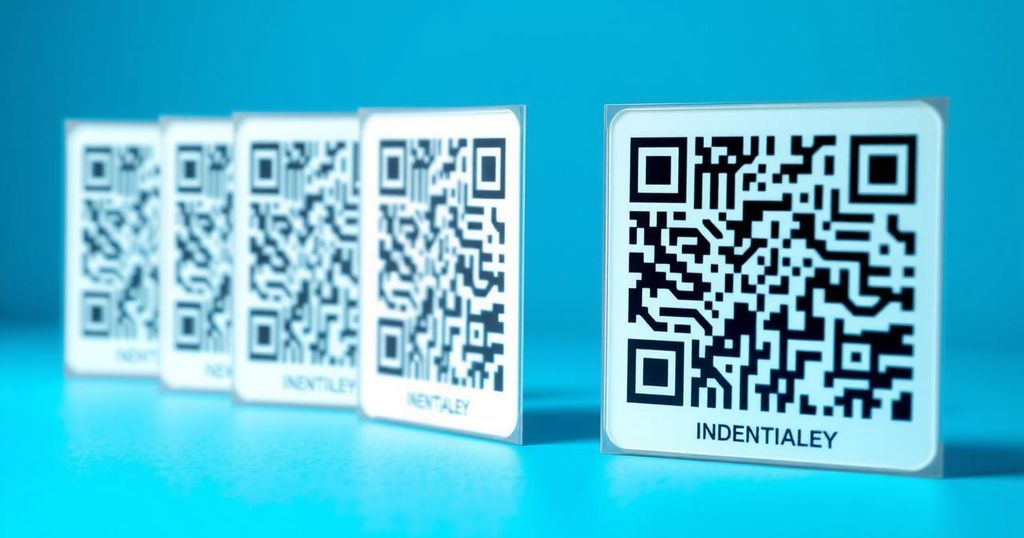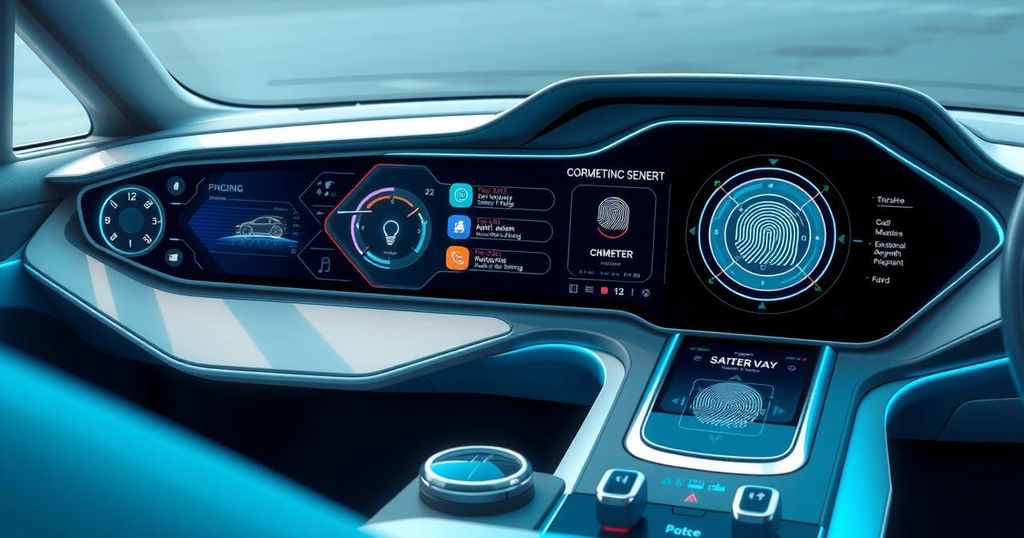Asda faces a legal complaint from Big Brother Watch regarding its use of facial recognition technology in stores. The technology, part of a trial in Greater Manchester, aims to address rising retail crime but raises significant privacy concerns. Both Asda and related consumer sentiments reveal a contentious debate around biometric surveillance in retail contexts.
Asda, the major UK supermarket chain, is currently facing a legal challenge over its implementation of live facial recognition (LFR) systems in its stores. The complaint, lodged by privacy rights group Big Brother Watch, asserts that this technology is being used unlawfully and infringes upon shoppers’ data rights. The complaint has been filed with the Information Commissioner, urging Asda to cease the usage of what they deem intrusive biometric practices.
The LFR technology, which was obtained from the UK startup FaiceTech, is currently being tested in five Asda locations around Greater Manchester. Asda’s engagement with such technology marks a first for major supermarkets in the UK. Aiming to bolster security in response to increased levels of retail crime — Asda reportedly documented around 1,400 assaults on employees last year — the LFR system compares shoppers’ images against a database of known offenders. Importantly, Asda claims that images and biometric data are deleted if there’s no match.
“As a responsible retailer, we have to look at all options to reduce the number of offenses committed in our stores and protect our colleagues,” stated Liz Evans, Asda’s chief commercial officer for Non-food and Retail, when the trial kicked off in March. On the surface, this initiative appears to prioritize staff safety amid heightened security concerns within retail.
However, The Big Brother Watch organization contends that this facial recognition system poses serious risks to individual rights and privacy. The complaint expresses concern that this surveillance technology could significantly affect the data rights of millions not just at Asda but across the UK if implemented more widely. They argue it transforms ordinary shoppers into potential suspects due to invasive biometric checks.
Madeleine Stone, a senior advocacy officer at Big Brother Watch, expressed strong disapproval of the trial, labeling it “deeply disproportionate” and even “chilling.” She indicated that unchecked use of such technology in the UK is unsettling, urging Asda to halt the trials and calling for governmental oversight to curtail growth in biometric surveillance.
Meanwhile, in a related context, new surveys show that U.S. consumers show significant skepticism toward the adoption of facial recognition by retailers. Research conducted by Scayle revealed that 71% of shoppers are uncomfortable with AI-driven tools. Specifically, about 32% expressed unease regarding the use of facial recognition technology, with similarly high discomfort levels regarding AI-generated product images and chatbots.
The Identity Theft Resource Center (ITRC) also shares insights on public attitudes towards biometrics. Their survey found that a considerable portion of U.S. adults had been asked to provide biometric information for identity verification purposes. This includes technologies like facial scans, fingerprints, and voice recognition. Interestingly enough, despite privacy concerns expressed by 63% of respondents, 91% still proceeded with transactions that required biometric data.
“This research highlights a critical need for those of us working to prevent identity crimes to do a better job explaining both the benefits and risks of emerging identity technologies – especially biometrics,” said ITRC CEO Eva Velasquez. This keeps the spotlight on the balancing act between security requirements and individual privacy rights as biometric technologies gain traction.
In summary, Asda’s trial of live facial recognition technology has sparked significant legal and ethical concerns regarding privacy rights. While aimed at enhancing security amid rising retail crimes, the application of such biometric surveillance is contested by Big Brother Watch. Meanwhile, growing public skepticism towards facial recognition technologies in the U.S. underscores broader worries about consumer rights in the digital age. The balance between ensuring safety and protecting personal data continues to be a pressing issue.
Original Source: www.biometricupdate.com







